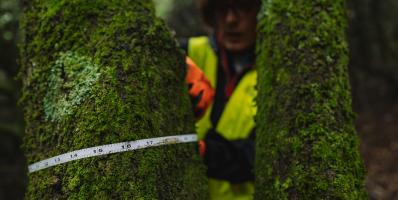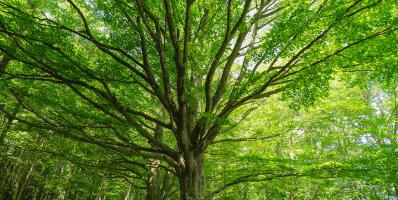Boscos
Al CREAF, ens especialitzem en l'estudi dels boscos mediterranis, però la nostra recerca abasta també boscos de regions tan diverses com l'Amazones, el Tibet i moltes altres parts del món. Els resultats de la nostra recerca han de servir per millorar estratègies de gestió forestal sostenibles, que vetllin per la conservació dels valors naturals, socials i econòmics que ens proporcionen.


Per què els boscos son tan imporants?
Els boscos són els ecosistemes terrestres predominants a la Terra, cobreixen aproximadament el 30% de la superfície terrestre i s’estenen per tots els continents. Contenen el 80% de la biomassa vegetal i representen el 75% de la productivitat primària bruta dels ecosistemes terrestres.
Els boscos proporcionen nombrosos serveis ecosistèmics vitals per a les persones:
- Absorció i fixació de carboni: Els boscos actuen com a embornals de carboni, ajudant a mitigar el canvi climàtic.
- Regulació dels recursos hídrics: Juguen un paper crucial en el cicle de l'aigua, mantenint la qualitat i disponibilitat d'aquest recurs.
- Prevenció de l’erosió i desertificació: Les arrels dels arbres ajuden a estabilitzar el sòl, prevenint l'erosió i la desertificació.
- Regulació de l'intercanvi de gasos: Contribueixen a l'intercanvi de gasos com l'oxigen i el diòxid de carboni.
- Producció de fusta: Proporcionen matèries primeres renovables per a múltiples usos.
- Conservació de la biodiversitat: Afavoreixen la conservació d'una gran varietat d'espècies i hàbitats.
Amenaces dels boscos
El canvi global ha alterat significativament l'estructura, la composició i el funcionament dels ecosistemes forestals. Els boscos s’enfronten a diverses pertorbacions naturals i humanes, com ara els incendis forestals, les sequeres, plagues, la gestió forestal insostenible.




